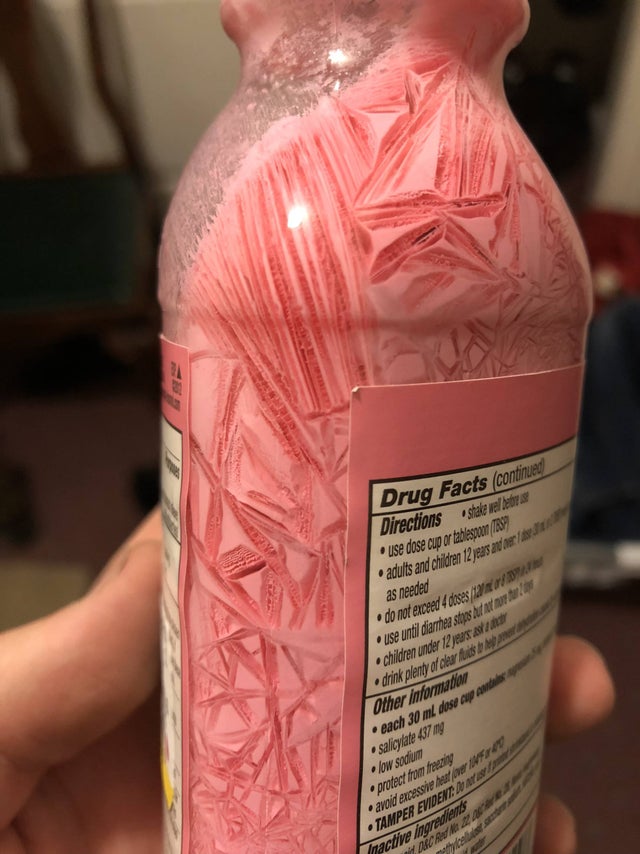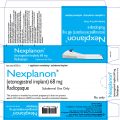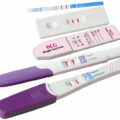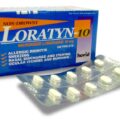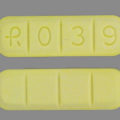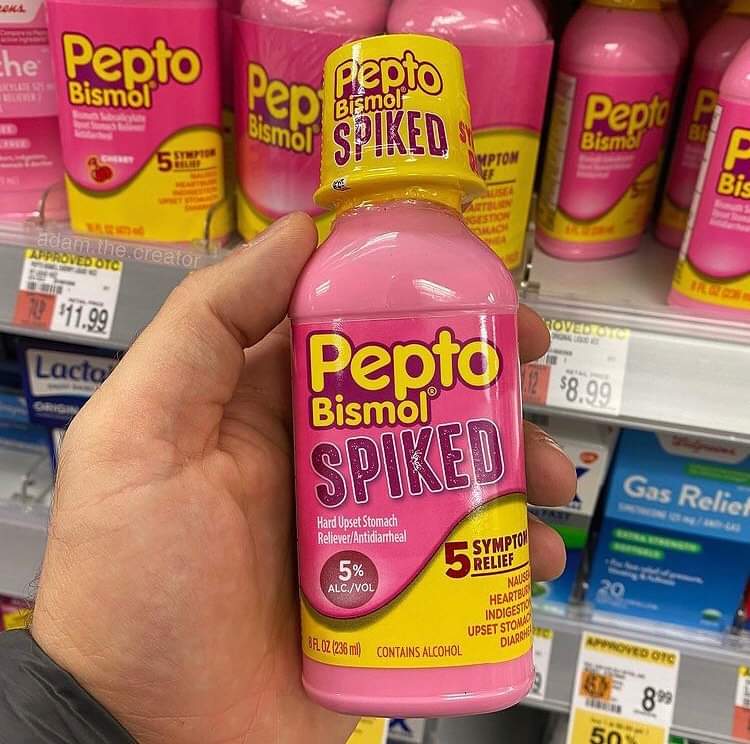
An expiration date is a date after which a consumable product such as food or medicine should not be used because it may be spoiled, damaged, or ineffective. Expiration dates are especially important for medications because they offer the only indication about whether the product is still safe to use.
In the late 1970s, the United States Food and Drug Administration (FDA) mandated that all prescription and over-the-counter (OTC) medical products contain an expiration date. Expiration dates for medicines are often marked “EXP” and are printed on the label or stamped onto the medicine bottle or box.
What is Pepto-Bismol?
Pepto-Bismol is used to treat diarrhea and relieve the symptoms of an upset stomach. The active ingredient in Pepto-Bismol is called bismuth subsalicylate. It belongs to a drug class called salicylates.
Pepto-Bismol is available in regular strength as a caplet, chewable tablet, and liquid. It’s available in maximum strength as a liquid and caplet. All forms are taken by mouth.
How it works
Pepto-Bismol is thought to treat diarrhea by:
- increasing the amount of fluid your intestines absorb
- reducing inflammation and overactivity of your intestines
- preventing your body’s release of a chemical called prostaglandin that causes inflammation
- blocking toxins produced by bacteria such as Escherichia coli
- killing other bacteria that cause diarrhea.
The active ingredient, bismuth subsalicylate, also has antacid properties that can help decrease heartburn, upset stomach, and nausea.
How to use Pepto-Bismol
Take this medication by mouth, usually as needed, as directed by the product package or as directed by your doctor. The dosage is based on your age, medical condition, and response to treatment. Do not increase your dose or take this drug more often than directed. Do not take more of this medication than recommended for your age. There are many brands and forms of bismuth subsalicylate available. Read the dosing instructions carefully for each product because the dosing directions may be different between products.
If you are using the chewable tablets, chew each tablet well and swallow. If you are using the liquid form of this medication, shake the bottle well before each dose. Measure the dose carefully using a special measuring device/cup. Do not use a household spoon because you may not get the correct dose.
This medication may react with other medications (such as tetracycline antibiotics, chloroquine), preventing them from being fully absorbed by your body. Talk with your doctor or pharmacist about how to schedule your medications to prevent this problem.
If your doctor has directed you to use this medication daily, use it regularly to get the most benefit from it. To help you remember, take it at the same time(s) each day.
Tell your doctor if your condition persists or worsens. If you are taking this medication for diarrhea, tell your doctor if your diarrhea lasts more than 2 days.
Can I take expired Pepto-Bismol?
No, expired Pepto-Bismol is less effective or risky due to a change in chemical composition or a decrease in strength. The expiration date is the final day that the manufacturer guarantees the full potency and safety of a medication. Drug expiration dates exist on most medication labels, including prescription, over-the-counter (OTC) and dietary (herbal) supplements. U.S. pharmaceutical manufacturers are required by law to place expiration dates on prescription products prior to marketing.
Certain expired medications are at risk of bacterial growth and a sub-potent Pepto-Bismol may not treat diarrhea or relieve the symptoms of an upset stomach. Once the expiration date has passed, there is no guarantee that the medicine will be safe and effective. If your Pepto-Bismol has expired, do not use it. Even though some controversial studies indicate that some drugs can be used after expiry dates, it is better to err on the side of caution in order not to complicate your health condition or trigger unwanted adverse effects.
An expired Pepto-Bismol may still interact the following medication:
- angiotensin converting enzyme (ACE) inhibitors, such as benazepril, captopril, enalapril, fosinopril, lisinopril, and trandolapril
- anti-seizure drugs, such as valproic acid and divalproex
- blood thinners (anticoagulants), such as warfarin
- diabetes medications, such as insulin, metformin, sulfonylureas, dipeptidyl peptidase-4 (DPP-4) inhibitors, and sodium-glucose cotransporter-2 (SGLT-2) inhibitors
- gout medications, such as probenecid
- methotrexate
- nonsteroidal anti-inflammatory drugs (NSAIDs), such as aspirin, naproxen, ibuprofen, meloxicam, indomethacin, and diclofenac
- other salicylates, such as aspirin
- phenytoin
- tetracycline antibiotics, such as demeclocycline, doxycycline, minocycline, and tetracycline.
What to do with expired Pepto-Bismol?
The CDC reports that 50,000 young children end up in emergency rooms each year because they got into medicines while an adult wasn’t looking. Expired medicines are also not just a risk to the person they were prescribed for and can injure children and pets if taken by mistake. For all these reasons, proper disposal of unneeded medicines is essential.
Keep this medication in the container it came in, tightly closed, and out of reach of children. Store it at room temperature and away from excess light, heat and moisture (not in the bathroom).
It is important to keep all medication out of sight and reach of children as many containers (such as weekly pill minders and those for Pepto-Bismol, creams, patches, and inhalers) are not child-resistant and young children can open them easily. To protect young children from poisoning, always lock safety caps and immediately place the medication in a safe location – one that is up and away and out of their sight and reach. http://www.upandaway.org
Unneeded medications should be disposed of in special ways to ensure that pets, children, and other people cannot consume them. However, you should not flush this medication down the toilet. Instead, the best way to dispose of your medication is through a medicine take-back program. Talk to your pharmacist or contact your local garbage/recycling department to learn about take-back programs in your community. See the FDA’s Safe Disposal of Medicines website (http://goo.gl/c4Rm4p) for more information if you do not have access to a take-back program.
A place for everything
Proper storage is one way to help make sure your medicines will remain safe and effective up to their expiration date. Be sure to read the label to see if there are specific storage instructions for your medicine. Certain medicines need to be stored in the refrigerator and others cannot be exposed to high temperatures. Improper storage – such as a damp bathroom cabinet – can contribute to decreased effectiveness in medicines that have not reached their posted expiration date. For most medicines, to help ensure the proper shelf life of your medicine, it is better to store medicine in a cool, dry place such as a dresser drawer, storage box, closet shelf, or kitchen cabinet.
When storing medicine in a kitchen cabinet, make sure that it is away from hot appliances and the sink due to changing temperatures and humidity which can affect the medicine. When storing medicine in a high traffic area like a kitchen, care should be taken to prevent access by children at risk of accidental poisoning or others who may be tempted to take for abuse/misuse.
Remember to store medicines properly and don’t use expired medicines, it’s not worth the risk!

